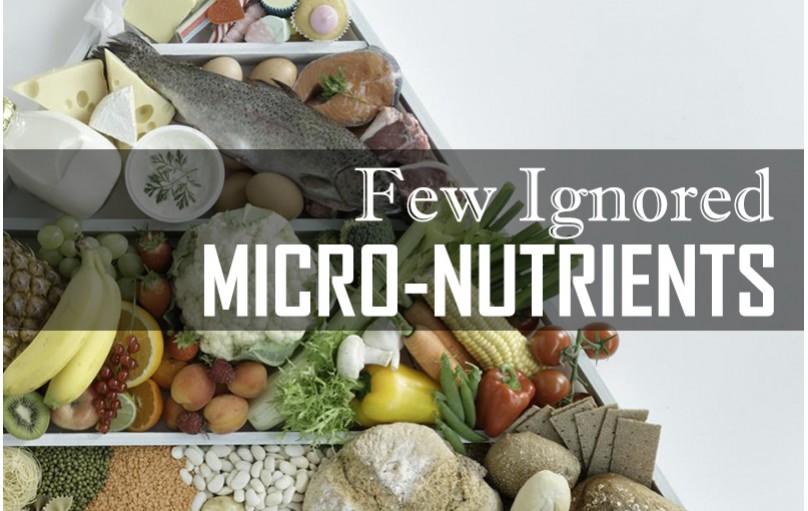Folic Acid
Why you need it:
Folic acid – or folate, which is the form in which it exists in foods –
- It is one of eight B-vitamins that are needed for the manufacture and maintenance of cells, particularly during periods of rapid cell growth, which is why it is so important that women consume adequate amounts both before and during pregnancy.
- Folic acid is also used to manufacture genetic material, as well as red blood cells, which help carry oxygen throughout the body.
Where you find it:
The words folic acid and folate derive from the Latin word folium, which means leaf, and for a good reason.
- This vitamin is abundant in green leafy vegetables.
- You can also find folate in asparagus, broccoli, avocado and citrus fruits, as well as nuts and beans
Vitamin A
Why you need it:
A key function of Vitamin A is to support proper vision.
- It is a critical player in the transmission of electrical signals from the eye to the brain.
- Vitamin A also supports the health of skin and mucous membranes, which act as barriers against infection, and also supports reproductive and immune system function.
Where you find it:
Vitamin A is found in its active form – a form that the body is ready to use
- In few animal foods, such as liver, eggs and butter but most people get the bulk of their Vitamin A in the in the form of beta-carotene(a compound that provides deep green, yellow and orange color to many fruits and vegetables) which the body can easily convert into the active form of Vitamin A.
- Beta-carotene is found in many colorful foods, including carrots, winter squash, peaches, apricots, papaya, sweet potatoes, leafy greens and broccoli.
Calcium
Why you need it:
Calcium is the most abundant mineral in the body, and nearly all of it is stored in your bones and teeth.
- Most people know how important calcium is in keeping these tissues healthy
- Calcium plays a role in muscle contraction and helps to regulate your heartbeat, and helps cells in your nervous system to communicate with one another.
Where you find it:
Although most people look to dairy products first – and they are the richest sources of calcium
We can also find it in leafy green vegetables, tofu, beans and almonds.
Vitamin D
Why you need it:
- Vitamin D stimulates the absorption of calcium and phosphorus from the digestive tract, so it is vitally important in helping the body to form and maintain healthy teeth and bones, where these minerals are stored.
- Vitamin D is also necessary for proper muscle function and it supports activity of the immune system.
Where you find it:
- Vitamin D is sometimes referred to as the “sunshine vitamin” because the body is able to manufacture this vitamin in the skin when it is exposed to sufficient sunlight.
o However, many people may not have adequate sun exposure due to many factors, including lifestyle or use of sunscreen, to produce adequate amounts.
- There are only a few natural food sources of Vitamin D – the primary ones being fatty fish, egg yolks and liver, which is why milk can be a valuable source.
Potassium
Why you need it:
Potassium helps the central nervous system send its impulses throughout the body,
- It helps maintain healthy blood pressure, and it also helps you to efficiently extract energy from your food.
- All our muscles, including your heart muscle, need potassium in order to properly contract.
Where you find it:
Fruits and vegetables are loaded with potassium.
- The best fruit sources include melons, bananas, avocados, apricots, citrus fruits and strawberries.
- The highest potassium vegetables are tomatoes, carrots, spinach and broccoli. Milk, along with its calcium and Vitamin D, is also a good source of potassium.
Susan Bowerman is Director of Nutrition Training at Herbalife. Susan is a Registered Dietitian and a Board-Certified Specialist in Sports Dietetics.


